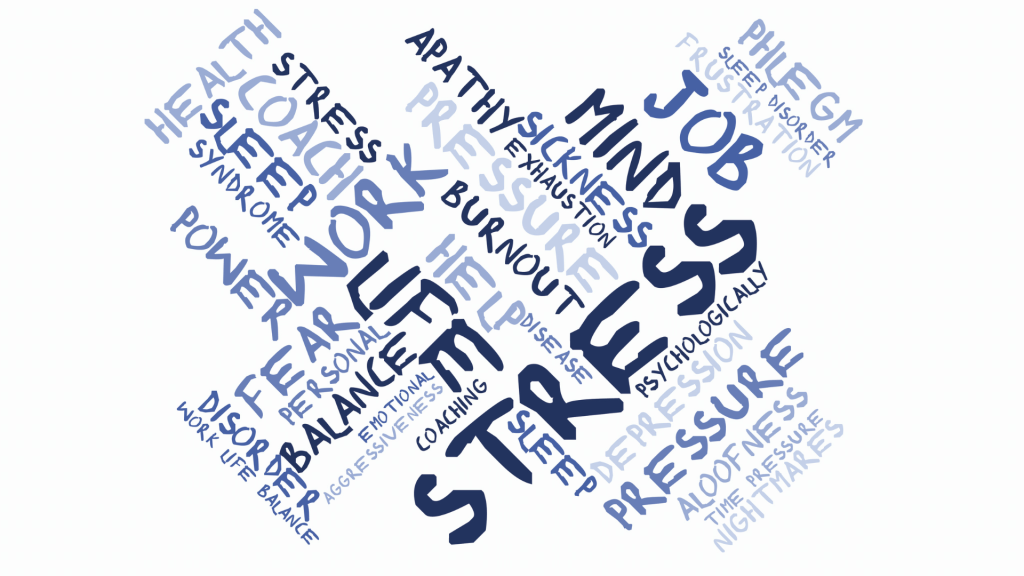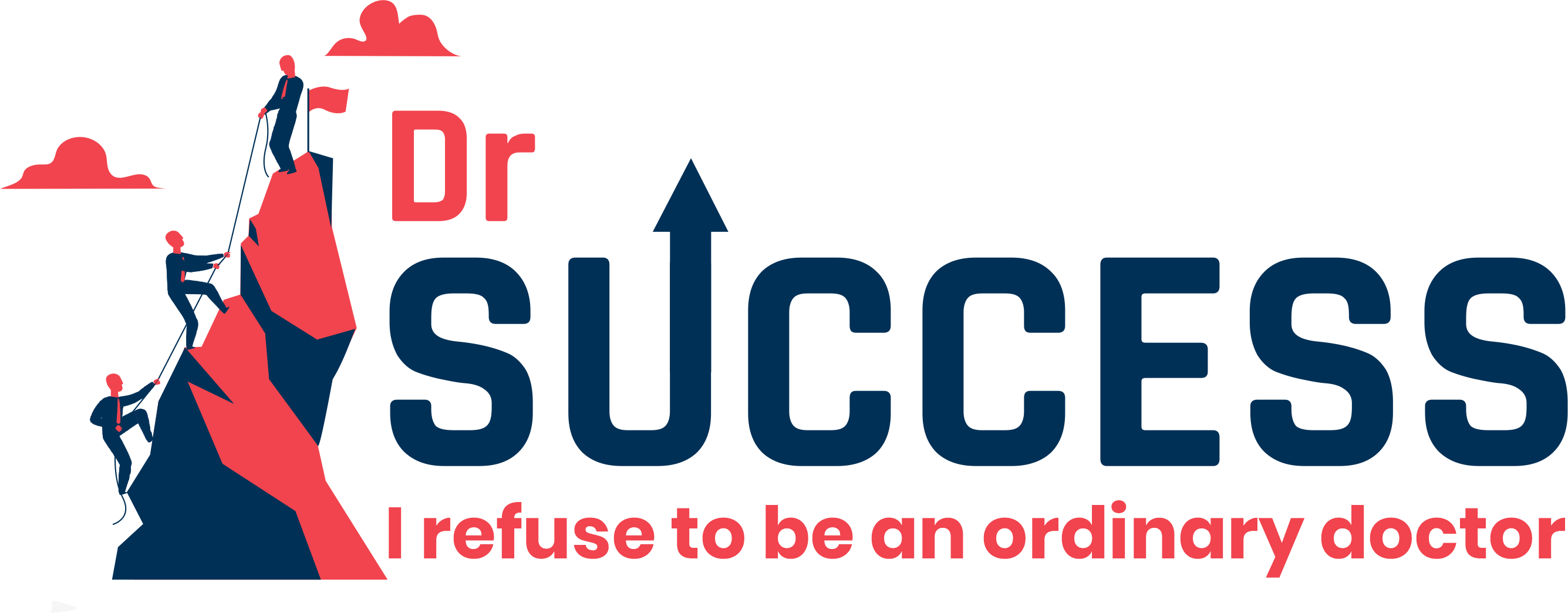

Here are the most common and significant burnout signs in the medical profession that you shouldn’t ignore for the good.

Burnout can be defined as a state of emotional, physical, and mental exhaustion that results from prolonged or chronic stress.
It is generally associated with work-related stress, but can also be caused by stress in other areas of life, such as family or personal relationships. It can also lead to physical symptoms such as fatigue, headaches, and insomnia.
Burnout is a serious condition that can have significant impacts on a person’s health and well-being, and it is important to address it as soon as possible in order to prevent it from getting worse.
The symptoms of burnout may include feeling emotionally drained or detached from work, experiencing a sense of helplessness, cynicism, or negativity, a decrease in productivity, difficulty concentrating, and physical symptoms such as headaches or stomach problems.
Burnout can also lead to depression and anxiety.
Burnout is indeed a fatal hitch that can impact an individual’s well-being, work performance, and personal relationships.
It is important to recognize the signs of burnout early and take steps to manage and prevent it. This may involve taking time off work, seeking support from friends or family, speaking with a therapist, or making changes to one’s work environment or workload.

Stress is a physical and psychological response to a perceived threat or challenge. It is a normal and natural reaction to situations that are demanding or threatening, such as a difficult job, financial problems, or a relationship conflict.
It is this exact situation where our body is designed to release hormones to foster “fight or flight” systems. Stress in adequate amounts can be helpful in terms of performing and coping the challenging situations better.
Whereas, prolonged exposure to stress leads to the condition of chronic stress which has an adverse effect on your overall health.
Although some of the signs and symptoms of stress and burnout seem similar, they are two distinct concepts.
Stress is a normal and expected response to challenging or demanding situations, while burnout is a state of physical, emotional, and mental exhaustion that occurs as a result of prolonged and chronic stress.
In short, burnout is indeed a result of chronic stress which has not been adequately managed or resolved. Usually, people tend to mistake stress as burnout for the similarities and for the lack of available knowledge on the same.
However, it is very important to understand the differences and do the needful for a harmonious life.

Burnout in doctors and healthcare professionals is a common syndrome for their packed work days, demanding pace, time pressures, and emotional intensity.
Medical professionals who experience burnout often feel overwhelmed, emotionally exhausted, and may develop a sense of detachment or cynicism towards their work. They may also experience physical symptoms, such as headaches, chronic pain, and insomnia.
Burnout can have serious consequences for the health and well-being of medical professionals,
as well as for the quality of care they provide to their patients.
Medical professionals who are burnt out may be more likely to make mistakes, experience lower job satisfaction, and even leave the profession altogether.
Burnout is a villain that can take a toll on both patients’ and physicians’ well-being.
It’s very much important for healthcare organizations to address burnout by providing support, resources, and training to help medical professionals manage stress and build resilience.
This can include programs like counseling, mindfulness training, and flexible scheduling to help promote a healthy work-life balance.

Christina Maslach (American social psychologist and professor emerita of psychology at the University of California) described burnout as “an erosion of the soul caused by a deterioration of one’s values, dignity, spirit, and will.”
Here are the three main causes of burnout in doctors as per her research.
When the physician’s physical and emotional energy levels hit extremely low in a downward spiral.
The stage that is identified by the need to vent about the doctor’s job or patients. It is also known as compassion fatigue ( a state where you are not emotionally available for your patients and the people around you).
It refers to that stage where the doctor starts questioning his/her ability to provide unstained service to society. In short, a condition where the doctor tends to doubt the quality of the service he provides.
Doctors may feel drained, overwhelmed, and emotionally exhausted. They may feel like they are unable to cope with the demands of their work.
Doctors may feel detached and disconnected from their patients, colleagues, and the work they do.
Doctors may feel isolated, withdrawn, or disconnected from their colleagues and support networks.
Doctors may experience physical symptoms such as headaches, stomach problems, or other health problems.
Doctors may experience difficulties with memory, attention, and decision-making.
Doctors may experience a decline in their work performance, such as missing deadlines, making mistakes, or not being able to keep up with their workload.
Doctors may find it challenging to empathize with their patients or may have difficulty expressing empathy.
Doctors may develop a negative and cynical attitude towards their work, colleagues, and patients.
Doctors experiencing burnout may become easily irritated or frustrated and may have difficulty managing their emotions.
Burnout can cause doctors to have difficulty falling asleep or staying asleep, leading to insomnia and daytime fatigue.
Doctors may feel like they are not making a meaningful impact in their work and may experience a reduced sense of personal accomplishment.
Doctors may feel chronically tired and fatigued, even after getting enough sleep.
“As doctors, we are trained to put our patients first, but it is essential that we also take care of ourselves to avoid burnout and ensure that we can continue to provide high-quality care.”
-Mona Hanna-Attisha
Overall, preventing burnout in doctors requires a multifaceted approach that prioritizes self-care, boundary-setting, support-seeking, stress management, time management, and promoting a positive work environment.

Here are some ways to prevent burnout in doctors:
Encourage doctors to maintain a healthy balance between their work and personal life.
Provide them with flexible schedules, time off, and opportunities to pursue hobbies or interests outside of work.
Build a supportive team environment where doctors can work collaboratively and have access to resources that help them manage their workload.
Encourage open communication, and foster a positive work culture.
Doctors need to prioritize self-care by taking time for themselves, getting enough rest, and engaging in activities that bring them joy and relaxation.
This could include exercise, meditation, reading, or spending time with loved ones.

Doctors should set boundaries and learn to say no when they feel overwhelmed or overworked.
This could mean delegating tasks to other members of their team, reducing their workload, or taking a break when necessary.
It’s essential for doctors to seek support from colleagues, mentors, or mental health professionals.
Talking with others who understand their struggles can provide much-needed emotional support and guidance.
Doctors need to learn healthy ways to manage stress, such as deep breathing exercises, mindfulness practices, or engaging in hobbies or activities that bring them joy.

Doctors need to manage their time effectively to avoid feeling overwhelmed and to ensure that they have enough time to complete their tasks without sacrificing their personal life or well-being.
Creating a positive work environment that values work-life balance and provides resources for mental health support can help reduce burnout in doctors.
This could include offering mental health services, providing opportunities for professional development and growth, and encouraging a culture of support and open communication.

Email : girish@happitude.in
Mobile # +91 - 9845848572